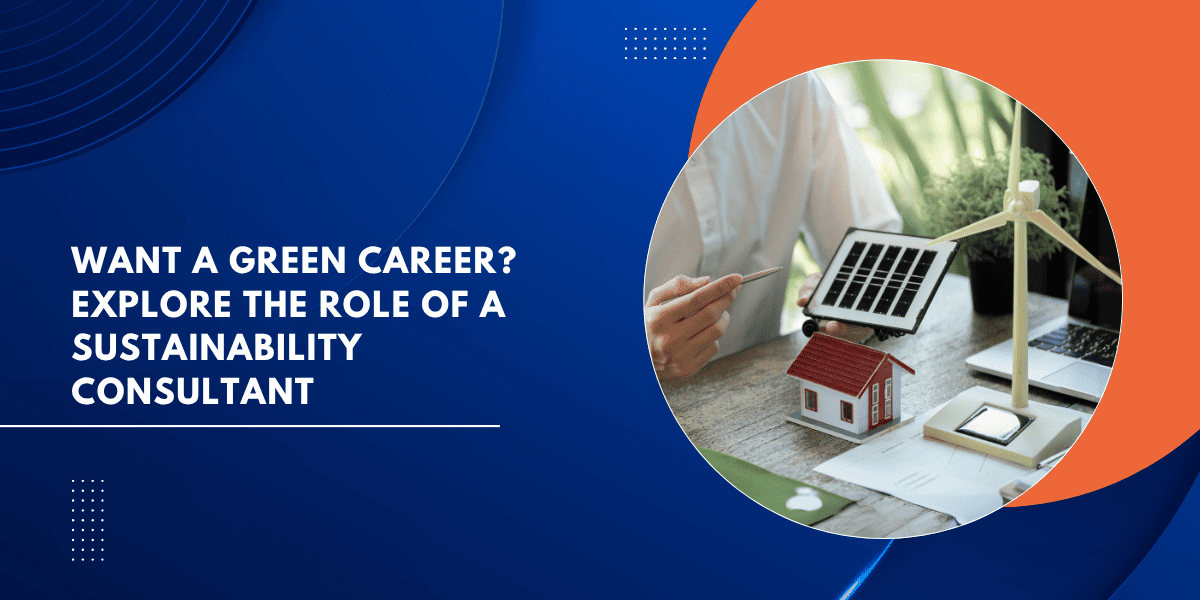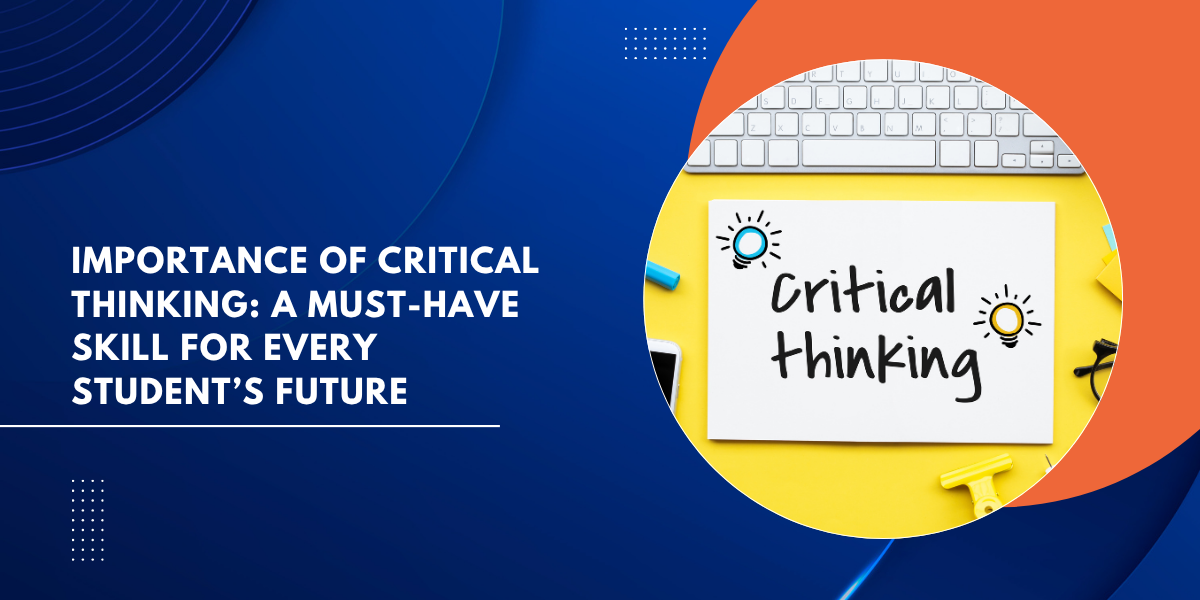Blog written by Preethi Durga, a career strategist and education innovator.
How Can an Environmental Engineering Career Be Made Meaningful?
Do you strongly desire to protect the environment and build a sustainable future? A career in environmental engineering provides an exceptional chance to translate such passion into worthwhile action. Environmental engineers play a critical role in addressing global environmental issues by creating creative solutions that support sustainability and safeguard ecosystems. This is a thorough guide to starting and thriving in this important area.What is Environmental Engineering?
Defining the Field
One area of engineering that uses scientific ideas to solve environmental problems is environmental engineering. Environmental engineers assist in striking a balance between human activity and environmental preservation by managing waste, reducing pollution, and creating sustainable resource use solutions.Core Areas of Focus
The field is diverse, with key specializations including:- Water Resources Engineering: Ensuring clean and accessible water supplies.
- Air Pollution Control: Reducing harmful emissions and improving air quality.
- Waste Management: Designing efficient systems for managing industrial and municipal waste.
- Sustainability Solutions: Innovating for renewable energy and sustainable infrastructure.
Why Society Needs Environmental Engineers?
Environmental engineers play a key role in preserving ecological balance and safeguarding public health.- Creating water purification systems to supply safe drinking water is one of their contributions.
- Creating technologies for air filtration to fight pollution.
- Putting in place trash recycling systems to lessen reliance on landfills.
Educational Path to Environmental Engineering
Start Early
Laying the groundwork begins in high school with courses in:- Chemistry
- Physics
- Biology
- Advanced mathematics (including calculus and differential equations)
Higher Education
A bachelor’s degree in environmental engineering or a related field like civil engineering or environmental science is essential. The curriculum typically includes:- Environmental Chemistry
- Fluid Mechanics
- Environmental Laws and Policies
- Sustainability Practices
Advanced Degrees and Specializations
Pursuing a master’s degree or PhD can open doors to specialized roles in areas such as climate modeling, renewable energy, or environmental policy-making.Certifications and Licensure
To work in the public sector or lead large projects, you’ll need:- Professional Engineer (PE) licensure.
- Certifications like LEED (Leadership in Energy and Environmental Design) for expertise in green building practices.
Building Practical Experience
Internships and Co-ops
Participate in cooperative education programs or internships to obtain practical experience. These positions expand your professional network, expose you to real-world problems, and could result in job offers after graduation.Fieldwork and Research
Engaging in fieldwork or laboratory research gives you the ability to solve problems and apply theoretical knowledge to real-world situations.Technical and Soft Skills
- Technical Expertise: Proficiency in environmental modeling tools, data analysis, and sustainable design practices.
- Soft Skills: Strong communication, adaptability, and collaboration abilities are crucial for working across multidisciplinary teams.
Where Environmental Engineers Work?
- Government Agencies Organizations like the Environmental Protection Agency (EPA) develop and enforce policies to address pressing environmental issues.
- Consulting Firms Environmental engineers in consulting roles work with industries to design solutions for compliance with environmental standards and sustainability goals.
- Non-Profit Organizations Advocate for environmental conservation and design community-based solutions to local issues.
- Private Sector Roles in manufacturing, construction, or energy sectors focus on reducing environmental impacts and adopting sustainable practices.
Success Strategies for Aspiring Environmental Engineers
- Stay Curious and Adaptable The environmental landscape evolves rapidly due to technological advances and changing regulations. Commit to lifelong learning by attending industry workshops, pursuing additional certifications, and staying updated on global environmental trends.
- Set Clear Goals Identify the specialization that aligns with your passion and skills. Whether it’s renewable energy or pollution control, a focused path ensures steady growth.
- Network Actively Join professional organizations like the American Society of Civil Engineers (ASCE) or the Society of Environmental Engineers (SEE) to connect with peers and mentors.
- Embrace Interdisciplinary Collaboration Environmental issues are complex and require diverse perspectives. Collaborate effectively with scientists, urban planners, and community stakeholders.























